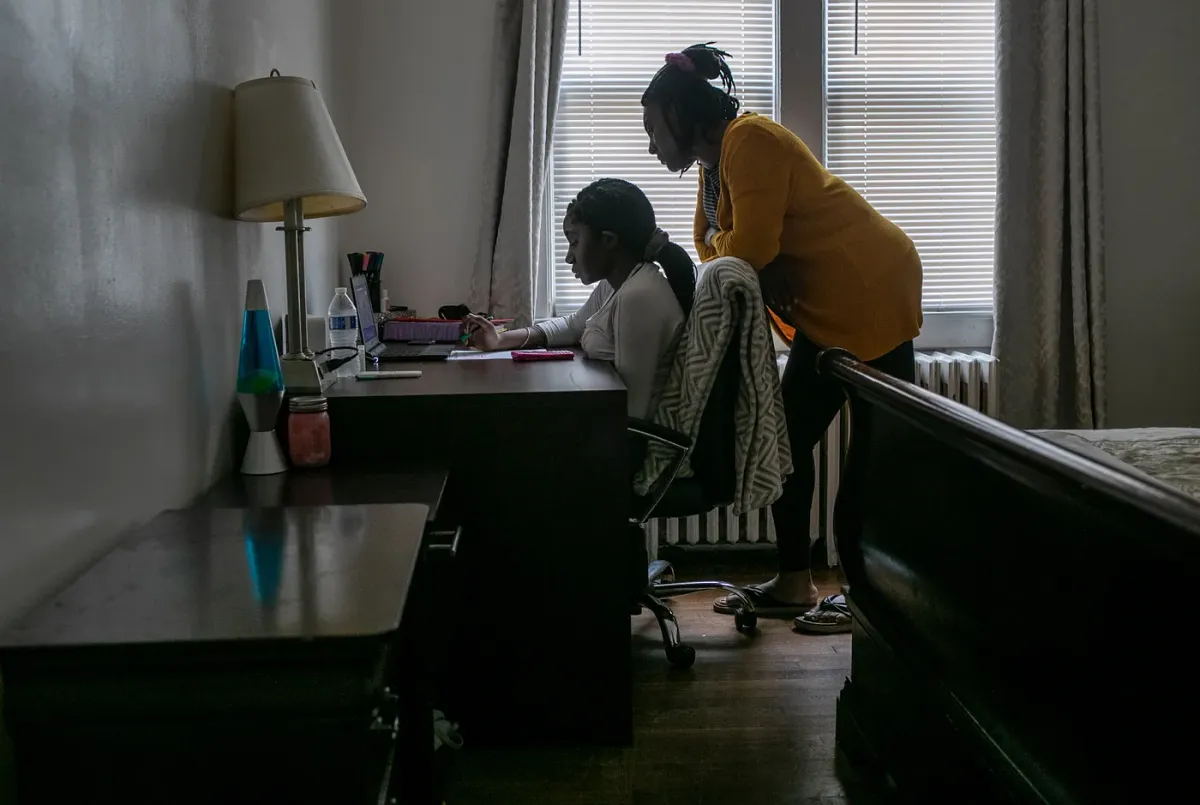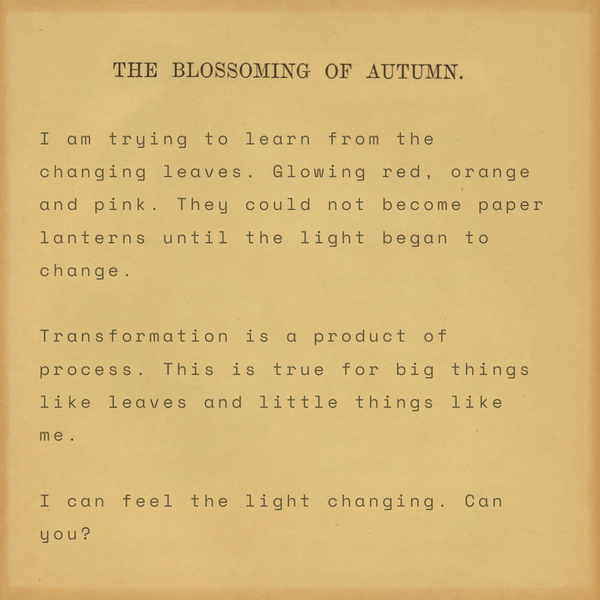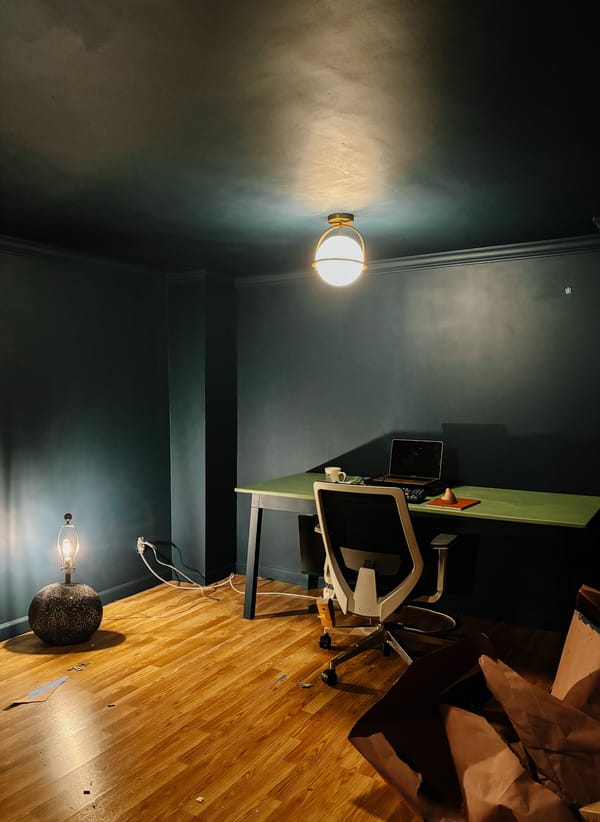Motherhood in America Is a Multilevel Marketing Scheme
Moms can’t hold this pyramid up much longer

It took me a full decade to realize I was part of a multilevel marketing scheme. I should have seen the signs: the business model was unclear, my participation was so costly I fell into debt, and when I needed help meeting quotas, I was forced to rely on family members and recruit other women. It didn’t feel like multilevel marketing (MLM) at first; I never had to sit in an arena and listen to Rachel Hollis tell me to clean my face. I wasn’t selling “butter-soft leggings” or shilling Amway — I was a part of Motherhood in America.
Motherhood in America is a scam. We’re told if we work hard enough, raise our children well, and faithfully support the American dream, then we’ll end up on top. No one ever mentions how the hierarchy of success is shaped like a pyramid. A few mothers get to the top. They give TED Talks and write self-help books. But mostly, we’re the cracking base of a condemned structure.America has never really cared about mothers. If I wasn’t certain of this before, 2020 has made it abundantly clear. The pandemic hit mothers the hardest, yet no one came to help us. Instead, we’ve been asked to dig deeper, push ourselves, and invest more of ourselves in this “once in a lifetime opportunity.”
These vague promises of untold prosperity are likely familiar to anyone who’s had a friend try to recruit them into an MLM scheme. As it happens, many of the MLM distributors who’ve pitched me in recent years are also moms. Many of them believed in what they were selling. Some of the products were even good. But independent distributors can only make meaningful money if they build a “downline,” an expanding, branching collection of people selling products beneath them. Many scrape by on the false hope they can work their way up the pyramid, but inevitably, they are weighed down by a system that’s rigged against them.
MLM schemes are a pyramid, not a pie. They don’t work if everyone is getting an equal piece.
I’ve been a stay-at-home mom for over a decade and spent much of that time fully bought into Motherhood in America. We’re susceptible to pyramid schemes because we’re already a part of one. The organization is full of downlines made up of unpaid family members and under-the-table nannies — without them, the system would crumble. Further up the chain are women who require help from other caretakers to stay on top.
As a middle-class mother, I fall somewhere in the middle of the pyramid: I am exploited, and I exploit. It’s never not been unsettling. But for so many years, I was a dream recruiter. I had my pitch down before my oldest daughter could walk: Selfless motherhood is the steel frame that holds up a prosperous society. I believed the work we do in our homes and our communities empowered us and the women around us. And while we weren’t paid like we would be if we had traditional careers, society understood it needed the invaluable contributions of caretakers to function.And truly, what kind of woman expects taxable compensation for her life’s work?
The lie here isn’t that caretakers contribute; it’s that their contributions are invaluable. Love is invaluable, but the labor that goes into caring for children is not. If we included the unpaid production that takes place in the home and the community to our yearly gross domestic product, researchers say it would grow by at least 23%, or more than $4 trillion. Selfless motherhood isn’t the steel frame holding up our society; uncompensated and undercompensated care work is. Of course, giving a value to the work being done in our downline is sticky. Caretakers — those who care for their own or others’ children — will begin to think they are owed something substantial for all their work. Paying caretakers fairly for what they produce would mean that we needed to shift our business model. MLM schemes are a pyramid, not a pie. They don’t work if everyone is getting an equal piece.
Those who have been at the bottom of this pyramid have known for a long time that it is an unsustainable model. Covid-19 is straining the scheme, forcing a collapse that was already on its way. Stay-at-home mothers with partners suddenly out of work because of the pandemic are floundering; their free labor has never been considered “experience,” and so their hastily prepared resumes are mostly blank. Caretakers who are going through divorces because the pandemic has pressed against the cracks in their marriage are at the mercy of a society where they are officially “dependent” on their spouse for every government and health care benefit.
Of course, it’s not just the stay-at-home mothers who suffer when we do not value the labor of caretaking. Working mothers are crumbling. Our country can’t seem to fathom that in the face of school closures, their children need access to care. As with everything in America, the most vulnerable are the most harmed. While this issue cuts across race and class, BIPOC and those living on the edge of poverty are the most violated by our disinterest in a mother’s welfare. When a mother suffers, her children do too. A lack of family benefits, like child allowances, means that more U.S. children in both single and two-parent homes experience higher poverty than nearly every other Western nation.
Not every full-time parent would choose caretaking if they had other options. For many parents, accessible care provided by policies like universal child care is the answer. But universal childcare isn’t a universal solution, especially for families that value having a parent at home. Homes with stay-at-home parents deserve the same economic valuation and stability as other working families. We need both accessible childcare and compensation for care in the home.
Care work in America is unpaid, but it is not free.
America’s dismissive attitude toward care work disproportionately hurts our most exploited community builders: Black women and women of color. They are hurt when they engage in professional work as underpaid caretakerswho cannot afford childcare for their own children. They are hurt when their home-based care work builds our communities, and we consume their labor without pay. We must stop solely thinking about the best way to help mothers lean in and start diversifying the way we compensate them as community builders. We shouldn’t be trying to reach the top; we should be trying to reach each other.
A universal basic income dispersed to every adult and child in America would be a promising beginning in truly valuing the contributions of every person in our society. It would give caretakers what political scientist Almaz Zelleke calls “a guaranteed minimum of economic power.” Treating care work as an economically valuable contribution will also help further untether gender from care. Maybe some children are better off with a parent at home; that parent doesn’t have to be a mother.
I’m still a member of Motherhood in America. I can’t resell my starter kit and move on. I like being a mother. I believe in motherhood. And perhaps even more than motherhood, I believe in the dynamic importance of care work both in and out of the nuclear family. Care work in America is unpaid, but it is not free. It is exacting a great cost from a downline of millions of unpaid and underpaid women. I am one of them. We are tired. We are disillusioned. We can’t hold this pyramid up much longer. And when we fall, you will come tumbling down too.




